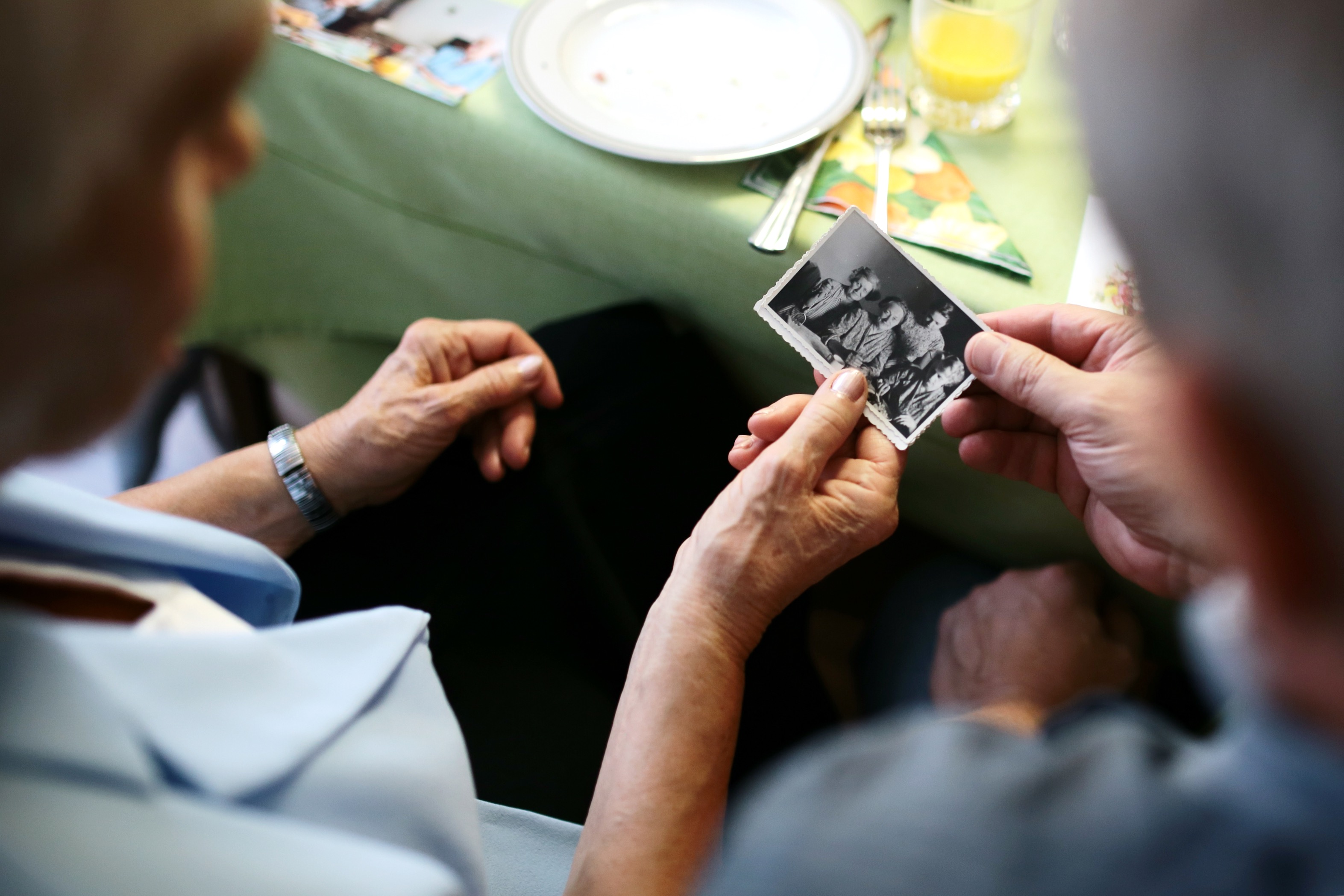Not only is it nice to reminisce, it also has some health benefits.
Remembering the past isn’t just a pleasant escape from your current situation, in fact, nostalgia has recently been shown to improve your health and wellbeing, as well as helping with the aging process and afflictions such as dementia.
Nostalgia was the phrase first used in the 1600’s by the Swiss to name the homesickness many soldiers felt after returning from the Alps. Nowadays however, we know that it is a worldwide experience, felt even by children as young as seven. So why do we do it?
Research shows that nostalgia actually boosts your mood, psychological comfort, and can even raise your self-esteem and optimism about the future. It also found that reminiscing about your youth, particularly in groups can benefit your memory and ability to recall, with even care home patients with dementia experiencing an 8% improvement in recall.
Remembering the past and discussing memories with a person or a group of people is beneficial to patients suffering from dementia. This is often referred to as Reminiscence Therapy, and can involve the use of various prompts such as pictures, music, or familiar items to dementia sufferers to help recall the past. Reminiscence therapy is shown to have a positive impact on patient mood and cognitive behavior, and on top of this is a pleasurable activity for those involved whilst giving carers an opportunity to learn more about patients and build closer relationships. A recently created Summer Moments Timeline, that covers the key events from the last 60 years of summer with images and descriptions of events, could be used in such therapy.
Though we all have different memories, reminiscing about shared experiences is also shown to promote sociability, and can even create bonds. When done in groups with people who have shared experiences such as wartime memories, or even events such as movie releases or sporting victories like the 1966 World Cup, it was shown to have a better impact on the brain. Team nostalgia showed it strengthened patients ability to recall, and can be even more useful than one on one talks with a caregiver.
So, looking through those photo albums, listening to a classic song, or even just talking with people from your generation can have a real positive effect on your health. Whether you’re remembering a beautiful holiday, thinking of youthful escapades with friends, or remembering when you first saw your partner, nostalgia isn’t just self-indulgent thought, it’s a healthy psychological activity.
